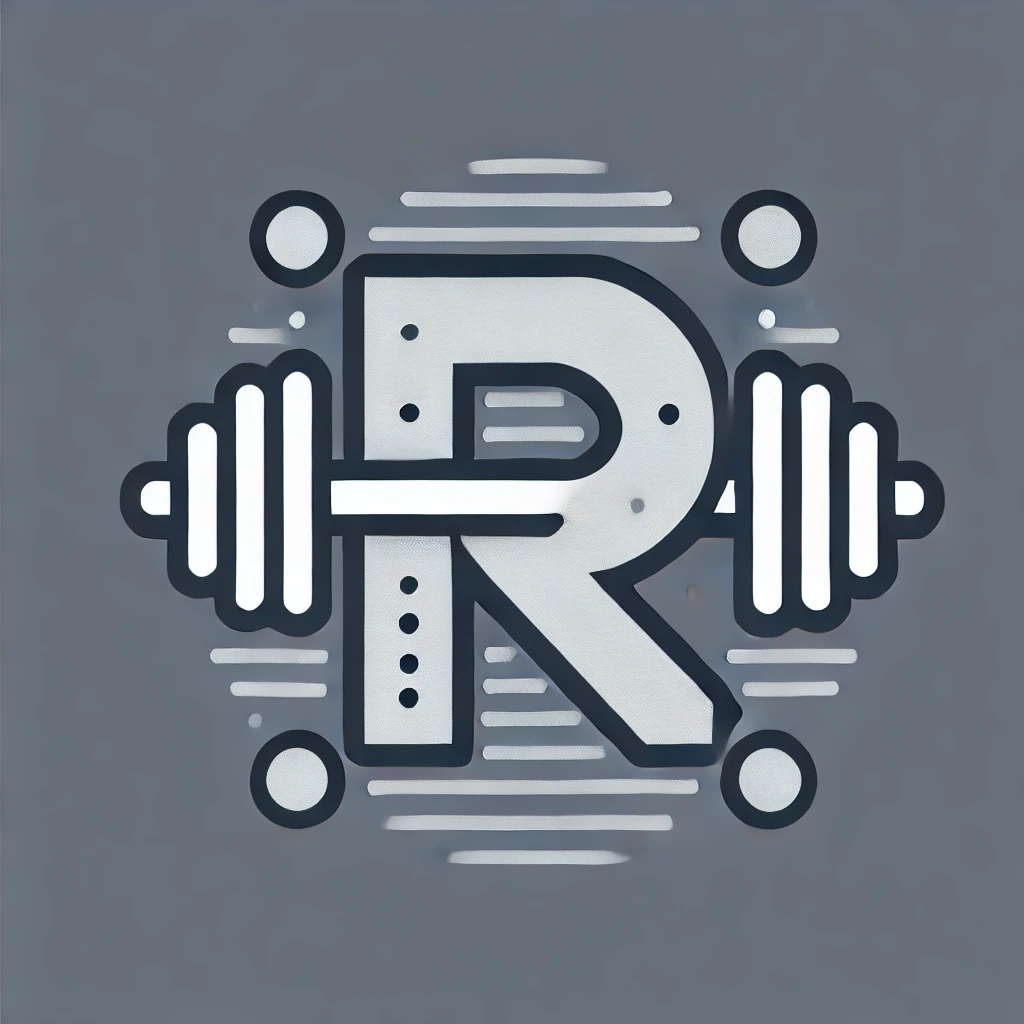Protein intake has long been a cornerstone of fitness and muscle-building advice, and for good reason—protein is essential for repairing and growing muscle tissue after exercise. But in recent years, a specific question has sparked debate among gym-goers, athletes, and scientists alike: does the timing of protein intake really matter for maximizing gains? Let’s dive into the science and cut through the noise.
What is Protein Timing?
Protein timing refers to the strategic consumption of protein in relation to your workout. The central idea is to consume protein at specific times—most commonly immediately after a workout—to maximize muscle protein synthesis (MPS), the process by which your body repairs and builds muscle tissue. This has led to the popular concept of the “anabolic window,” a supposed 30- to 60-minute post-workout window when your body is primed to absorb and utilize nutrients more efficiently.
But is this anabolic window a hard-and-fast rule, or is it more flexible than previously thought?
The Science Behind Protein and Muscle Growth
To understand whether timing matters, it’s crucial to grasp the basics of how protein supports muscle growth. Muscle protein synthesis and muscle protein breakdown (MPB) are dynamic processes that occur continuously. When MPS exceeds MPB, your muscles grow—a state known as positive muscle protein balance.
Exercise, particularly resistance training, increases the body’s sensitivity to protein, creating a heightened environment for MPS. Consuming protein after a workout provides the necessary amino acids to fuel this process. However, studies show that this elevated sensitivity to protein can last for up to 24 hours post-exercise, suggesting the anabolic window may not be as narrow as once believed.
Does the Anabolic Window Matter?
Early studies suggested that consuming protein immediately after a workout was critical for maximizing muscle gains. However, more recent research has shown that while the timing of protein intake may have some impact, it’s far less important than total daily protein consumption.
A 2013 meta-analysis published in the Journal of the International Society of Sports Nutrition examined the effects of protein timing on muscle strength and hypertrophy (growth). The study concluded that timing alone had a relatively minor impact compared to the overall amount of protein consumed throughout the day. In other words, if you’re meeting your daily protein needs, the exact timing of your intake is less critical.
What Really Matters: Total Protein Intake
For most people, the total amount of protein consumed across the day is the most significant factor for muscle growth. Research suggests a daily intake of 1.6 to 2.2 grams of protein per kilogram of body weight is optimal for building muscle. Splitting this protein evenly across 3 to 5 meals ensures a steady supply of amino acids, which supports consistent muscle protein synthesis.
That said, consuming protein around your workout can still be beneficial, especially if you train in a fasted state or go long periods without eating. For example, if you haven’t eaten for several hours before your workout, having a protein-rich meal or shake afterward can help kickstart the recovery process.
Pre- and Post-Workout Protein: A Practical Approach
Rather than stressing over an exact timing window, a more practical approach is to focus on protein intake before and after your workout. Here’s how to optimize it:
- Pre-Workout Protein: Eating a protein-rich meal 1 to 3 hours before training ensures your body has amino acids readily available during and after your workout. A combination of protein and carbohydrates is ideal, as carbs provide energy while protein primes muscle repair.
- Post-Workout Protein: Aim to consume a protein-rich meal or shake within 2 hours after exercising. This helps replenish amino acids and supports recovery, particularly if your next meal is several hours away.
Good sources of protein include lean meats, fish, eggs, dairy, and plant-based options like tofu, tempeh, and legumes. Whey protein is a popular post-workout choice due to its fast absorption and high leucine content, an amino acid that plays a key role in MPS.
Special Cases: When Timing May Matter More
While timing may not be critical for most people, there are certain scenarios where it becomes more important:
- Training Fasted: If you train first thing in the morning without eating, consuming protein immediately after your workout is essential to halt muscle breakdown and kickstart recovery.
- Multiple Daily Workouts: Athletes who train multiple times a day may benefit from prioritizing protein intake between sessions to support recovery and prepare for subsequent workouts.
- Older Adults: Aging reduces muscle sensitivity to protein. Older individuals may benefit from consuming protein closer to their workouts to maximize MPS.
Conclusion: Timing is Secondary to Consistency
For the average gym-goer, the precise timing of protein intake is less important than hitting your daily protein target. While consuming protein before and after your workout can enhance recovery and muscle repair, the “anabolic window” is not as narrow or critical as once believed.
Focus on building consistent habits: spread your protein intake throughout the day, aim for high-quality protein sources, and prioritize hitting your total protein needs. By doing so, you’ll set yourself up for sustained muscle growth and recovery—without the stress of clock-watching at the gym.
